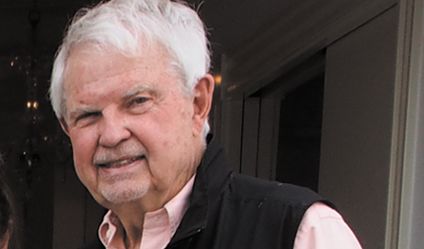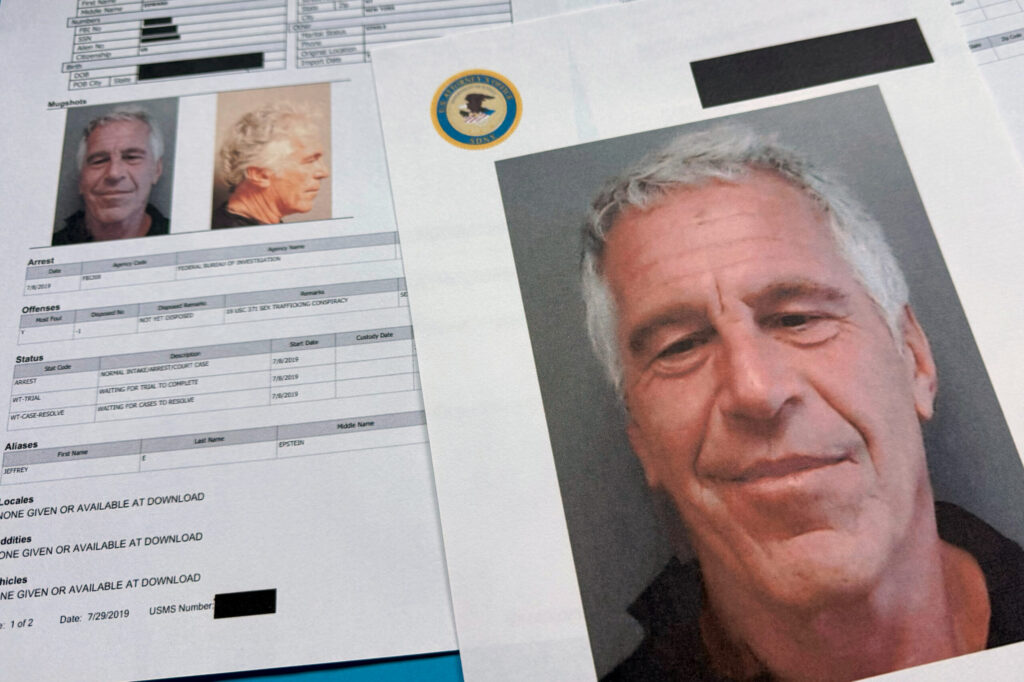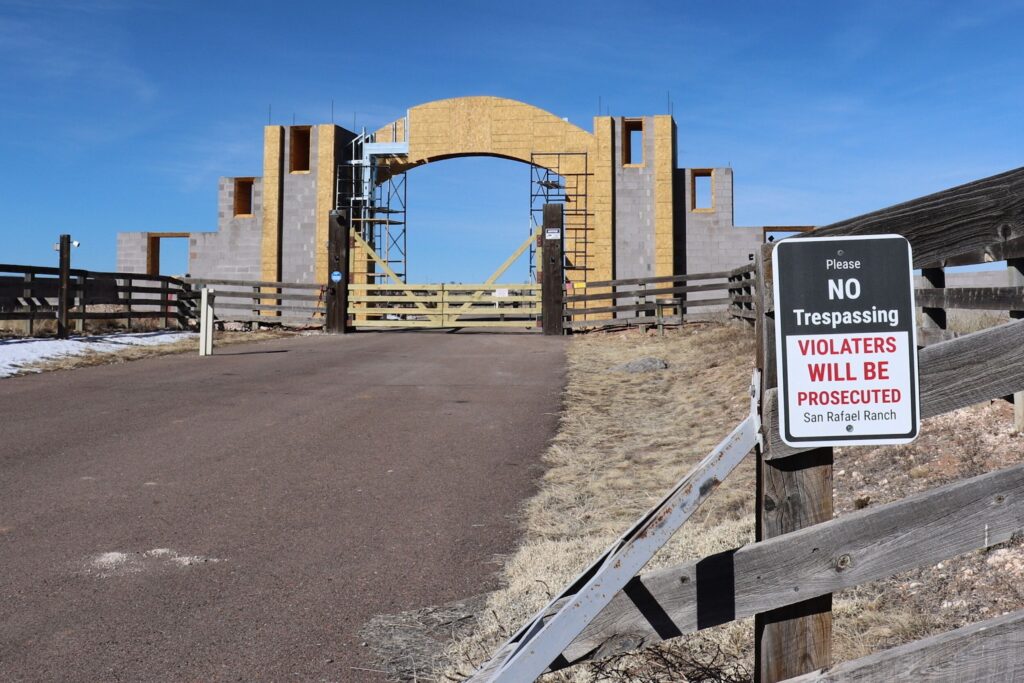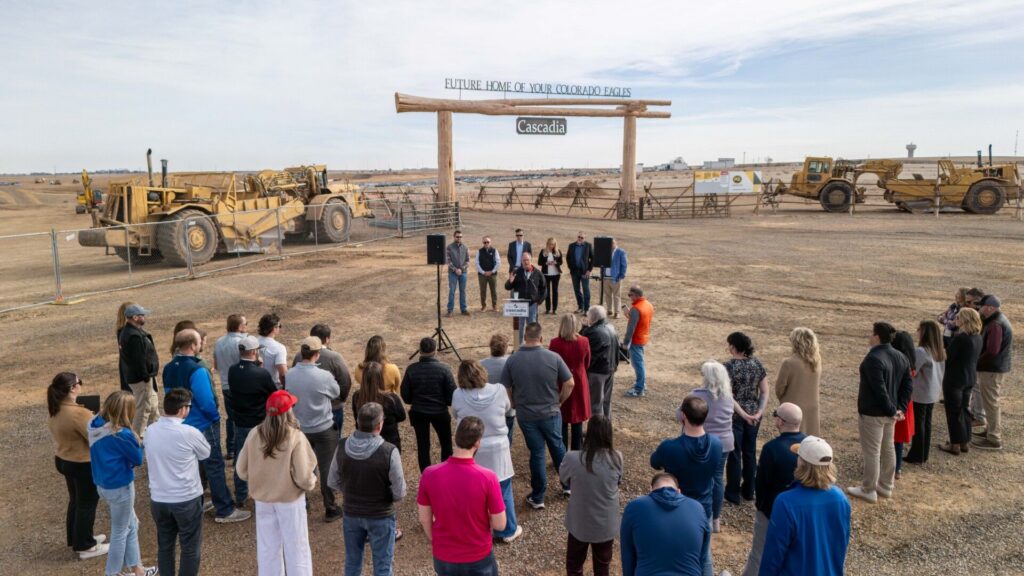Lamm vows young generation will bury segregation

Fifty Years Ago this week in The Colorado Statesman … Denver attorney Richard Lamm, the vice president of the Young Democrats of Colorado, wrote a series of columns about the thinking of the young generation, tackling subjects that included civil rights, conservation and the national debt. “It will surprise no one to say that my generation will bury segregation,” Lamm wrote. “It will raise few eyebrows and fewer protests to relate that my generation will integrate every single one of society’s institutions.” Pointing out that such sentiments would have been met with disbelief just a decade earlier, Lamm argued that, nonetheless, “the world moves fast these days,” and society was quickly catching up with his generation. The topic of “counter-discrimination,” how- ever, was a sore point between generations. “My generation feels that to truly integrate minority groups into society, there will be necessary some measures which will discriminate or seem to dis- criminate against the majority.” In order to reverse the “long, shameful history of discrimination,” Lamm wrote, “employers should not only hire minority members when they are qualified” but also “should understand the inability of minority groups to get equal qualifications and should hire minority members even if it means overlooking certain job specifications.” Al- though the Civil Rights battle had been thought of as a “Negro movement,” he added, the Young Democrats had recently urged a “switch of emphasis in Colorado to the ‘forgotten people of the Civil Rights movement,’ the Spanish Americans.” …
… State Sen. Roy Romer, D-Denver, proposed an eight- point “Bill of Opportunities” to match the Bill of Rights. Speaking at the Park Hill-Montclair Democratic Club, Romer said, “The average American wants government to help him to help himself. He doesn’t want the heavy hand of a paternalistic government. Rather, he wants to retain his own individual responsibility and initiative.” This approach, Romer said, “has become one of the traditions of the Democratic Party.” Among the points he said should be addressed in a Bill of Opportunities: the right to an education, gainful employment, a decent standard of living, health, the ability to be judged without regard to color or creed, “and to live in a world of peace.” Romer stressed that important responsibilities are tied to these opportunities. “The free and easy days of the frontiers when man could make decisions without regard to others are gone forever. We no longer can escape our problems by pushing further to the West.” …
… It was time to consider establishing an “urban county” to handle the increasing problems of serving the metropolitan area, wrote former U.S. Rep. Byron Johnson in his “Building To- morrow’s World” column. “The City and County of Denver was a great idea, 50 years ago, and it worked fairly well for almost 50 years. But it no longer works well,” Johnson wrote. “Some problems are bigger than the city, but smaller than the state.” When Johnson served in Congress, he noted, he wrote an amendment to the Clean Streams bill to en- courage metropolitan cooperation on sewage disposal, “and it is working,” he wrote. Officials representing cities and towns throughout the metro area came to understand that an integrated sewage treatment program was the best way to handle what had turned into a real mess. “And as the total urban complex grows — water, traffic, transit, public health, library services, muse- ums, zoos, parks, recreation, stadiums, airports, highways, police and fire protection may all be fit candidates for a truly metropolitan solution.” Yet there remained a role for the smaller city, he added, acknowledging that many outlying, suburban cities had been around long before Denver grew their way. “We need an ideology that has the courage to change what must be changed, the caution not to try to change what should not be changed, the prudence to avoid fighting what cannot be changed — and the wisdom to differentiate one from the other!” …
… Jefferson County Teen Democrats were planning a program of “carol-ins,” based on the popular “sit-ins” conducted by Civil Rights protesters, in order to raise the funds to send holiday cards and letters to soldiers serving in Vietnam. The “carol-ins,” meant to respond to demonstrations against American policy in Vietnam, would be conducted like an old-time caroling party, as youngsters “circulate from house to house throughout Jefferson County, serenading residents with the traditional tunes of Christmas.” Alongside the carolers, others would solicit donations to mail greetings overseas. A spokes- man for the group said the kids were “proud to be able to help make the Yule Season a joyful one for those who are sacrificing their lives for the ideals upon which our nation was founded.”














